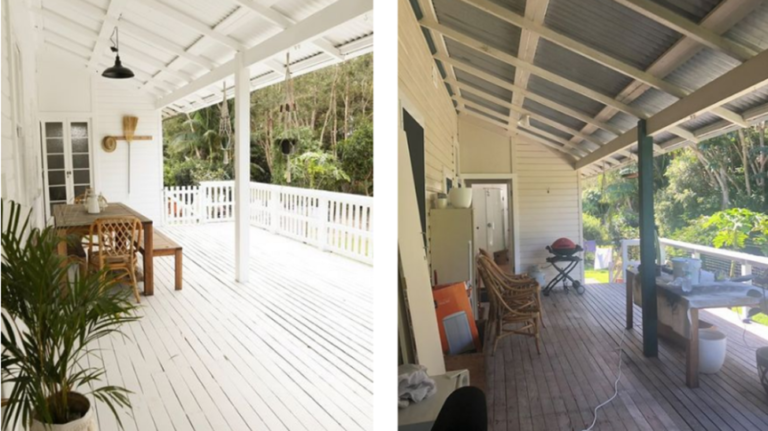How to Conserve Water: Best Plumbing Practices
Introduction
Water conservation is essential. It saves money and resources. Proper plumbing plays a big role. Here are the best practices for water conservation.

Fix Leaks Promptly
Leaks waste water quickly. Even small drips add up. Fix leaks as soon as possible. Check all faucets regularly. Inspect pipes for hidden leaks. Call a plumber if needed.
Install Low-Flow Fixtures
Low-flow fixtures save water. They use less water per minute. Install low-flow showerheads. Use low-flow faucets and aerators. They reduce water use significantly.
Use Dual-Flush Toilets
Dual-flush toilets save water. They have two flush options. Use less water for liquid waste. Use more water for solid waste. This reduces overall water use.
Insulate Pipes
Insulated pipes retain heat. Hot water reaches faucets faster. This reduces waiting time. It saves water and energy. Use pipe insulation for better efficiency.
Install Water-Saving Appliances
Modern appliances save water. Choose water-efficient dishwashers. Use washing machines with water-saving features. These appliances use less water per cycle.
Collect and Reuse Water
Collect rainwater for reuse. Use it for watering plants. Recycle greywater from sinks. It can be used for flushing toilets. This reduces fresh water use.
Reduce Water Pressure
High water pressure wastes water. It can damage pipes. Install a pressure-reducing valve. Maintain pressure at safe levels. This conserves water and prolongs pipe life.
Use Efficient Irrigation Systems
Irrigation system to water plants in house often be the source to waste water. That’s why one should use the drip water irrigation. This technique supply water directly to the plants. Put in smart irrigation regulators. They supply water based on the weather condition.
Educate Occupants
Aware or educate family members about water conservation. Inspire them for short showers. Endorse turning off taps when not in use. Small precautions made a big result.
Regular Maintenance
Consistent maintenance of plumbing components avoids problems. Time to time Checking for leaks and fix them. This avoids water wastage. Guarantee the efficiently working of appliances and fixtures.
Install Smart Meters
Smart meters track water use. They provide real-time data. Detect leaks quickly with alerts. Monitor usage patterns. Adjust habits to save water.
To make choice for Water-Efficient Landscaping
Choose those plants require less water. Use mulch to hold soil moisture. Water plants during cooler hours. This decreases evaporation.
Use Cold Water When Possible
Hot water uses more energy. It takes longer to reach taps. Use cold water for tasks. This saves both water and energy.
To make choice for Shorter Showers
Long showers waste water. Aim for shorter showers. Use a timer if needed. Every minute saved conserves water.
Turn Off Taps
Turn off taps when not in use. Don’t let water run. Turn off while brushing teeth. Turn off while soaping hands. Small habits save significant water.
Upgrade to Efficient Plumbing Systems
Modern plumbing systems are efficient. Upgrade old systems. Choose pipes that minimize heat loss. Use efficient water heaters. This conserves water and energy.
Monitor Water Bills
Monitor water bills regularly. Unexpected increases indicate leaks. Investigate and fix issues promptly. Consistent monitoring saves water.
Utilize Water-Saving Techniques
Use techniques to save water. Wash dishes in a filled sink. Avoid running water continuously. Rinse vegetables in a bowl. These practices reduce water use.
Recycle Water in the Home
Recycle water within the home. Use leftover drinking water for plants. Reuse bathwater for flushing toilets. This maximizes water use efficiency.
Consider Water-Efficient Retrofits
Retrofit existing systems. Install water-efficient fixtures. Upgrade appliances. This investment saves water long-term.
Conclusion
Water conservation is crucial. Proper plumbing practices help. Fix leaks, use low-flow fixtures, and educate occupants. Regular maintenance and smart upgrades save water. Every effort counts. Conserve water for a sustainable future.
FAQ’s
Why is fixing leaks promptly important for water conservation?
What are low-flow fixtures, and how do they help?
How do dual-flush toilets contribute to water conservation?
Why should pipes be insulated for water conservation?
What is water-saving appliances, and why are they beneficial?
How does collecting and reusing water help with conservation?
What is the benefit of reducing water pressure in plumbing systems?
How do efficient irrigation systems conserve water?
Why is educating occupants about water conservation important?
What role does regular maintenance play in water conservation? What is the impact of turning off taps when not in use?






